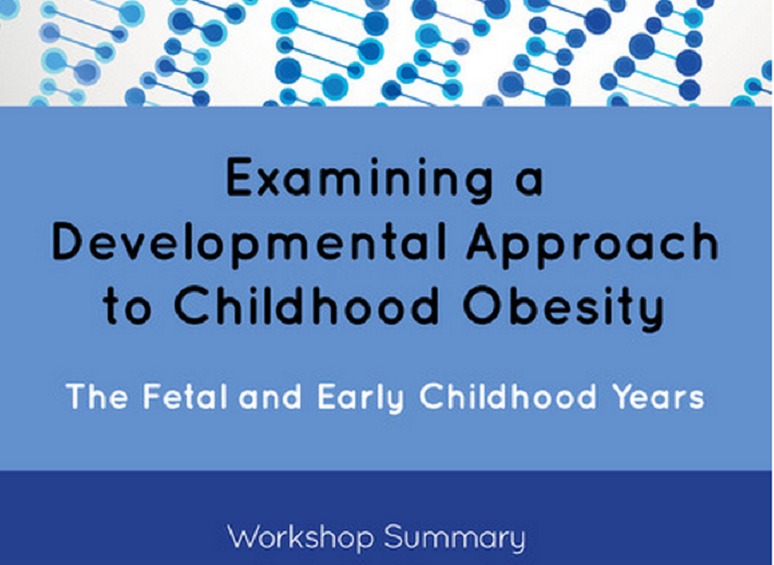
Share On Social!
In addition to complex social, behavioral and environment factors that influence childhood obesity are genetic factors.
On February 26–27, 2015, the Institute of Medicine (IOM) Food and Nutrition Board and the National Research Council Board on Children, Youth, and Families convened a workshop to explore the body of evolving science that examines the nexus of biology, environment, and developmental stage on risk of childhood obesity.
The workshop focused on the prenatal period, infancy, and early childhood and addressed evidence from both animal and human studies.
Workshop objectives developed by the Planning Committee on Understanding the Dynamic Relationships Between Biology, Environment and Early Childhood Development on Risk of Obesity were to:
- Identify epigenetic-mediated relationships between exposure to risk factors during sensitive periods of development and subsequent obesity-related outcomes;
- Explore the science around periods of plasticity and potential reversibility of obesity risk in the context of early childhood development; and
- Examine the translation of epigenetic science to guide early childhood obesity prevention and intervention to reduce obesity risk.
Read the Workshop Summary.
Explore More:
Healthy Families & SchoolsBy The Numbers
142
Percent
Expected rise in Latino cancer cases in coming years



